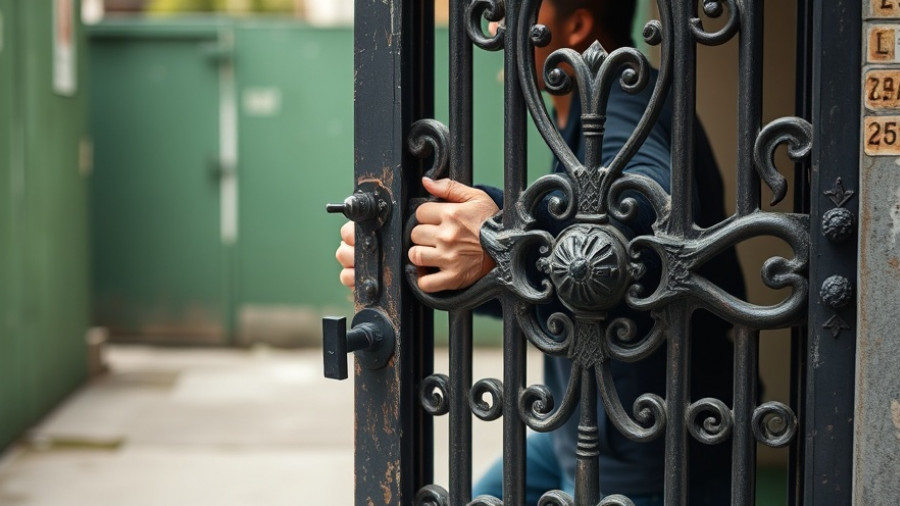
Understanding the Chaotic Early Morning Raid
On the night of September 30, 2025, a dramatic operation unfolded at a South Shore apartment complex in Chicago, stirring deep concerns and fear among residents. Federal agents descended from a Black Hawk helicopter, entering with guns drawn to apprehend individuals suspected of being in the country illegally. But in their aggressive pursuit, many innocent American citizens were caught in the crossfire, leading to an unfolding narrative that raises critical questions about law enforcement practices and community safety.
The Broader Implications of Such Raids
As homeowners in the MidSouth, it's essential to recognize how such incidents can ripple through communities. Raids like these not only target illegal immigrants; they extend their reach, fostering an atmosphere of fear that affects everyone in the vicinity. The chaos of that night not only highlighted the U.S. government's immigration policies but also illuminated longstanding racial tensions. As residents were awoken from their sleep, handcuffed, and interrogated, the inherent vulnerabilities within our neighborhoods were laid bare.
A History of Strained Community Relations
The South Shore event echoes historical instances where federal actions in urban communities often deepen divides between racial and ethnic groups. Many Black citizens, reflecting on their previous experiences with law enforcement, expressed feelings of betrayal and fear, remembering a time when their safety and dignity were often compromised. Activists argue that this could trigger a further breakdown in trust, which catalyzes unsafe environments and discord among community members.
The Consequences of Militarization in Law Enforcement
Military-style tactics employed in urban raiding operations have provoked community outrage. Experts explain that such aggressive strategies, which include forced entries and commandeering of residential spaces, are counterproductive. Fostering cooperation between local law enforcement and communities requires tact and respect, which appears sorely lacking during raids like those in South Shore. Homeowners, local leaders, and activists alike are calling for a more humane approach to immigration enforcement that respects the rights and safety of all individuals.
Addressing Housing Quality and Community Care
The apartment complex at the center of the raid had previously been cited for numerous code violations, showcasing how disinvestment leaves communities vulnerable. Before government actions put a spotlight on this location, residents had already expressed frustrations over living conditions. Developers and landlords who neglect property upkeep contribute to a larger culture of indifference, which activists claim exacerbates existing disparities within South Shore and other communities.
Taking Action: What Can Homeowners Do?
As part of the MidSouth community, homeowners must advocate for better regulations and practices surrounding property management and tenant rights. Awareness of local real estate issues, involvement in community organizations, and pressure on policymakers to hold property owners accountable can contribute to positive change. Tapping into local resources for home maintenance and improvement is another avenue for homeowners to support healthier living conditions.
Conclusion: Building Strong Communities
In light of the South Shore raid, it’s clear that addressing the intersections of law enforcement, housing conditions, and community welfare is essential for fostering resilience among residents. As homeowners in the MidSouth, you hold the power to advocate for better policies and practices that uplift everyone in your neighborhoods. Take action today by joining community efforts and ensuring that all voices are heard and valued.
 Add Row
Add Row  Add
Add 



Write A Comment